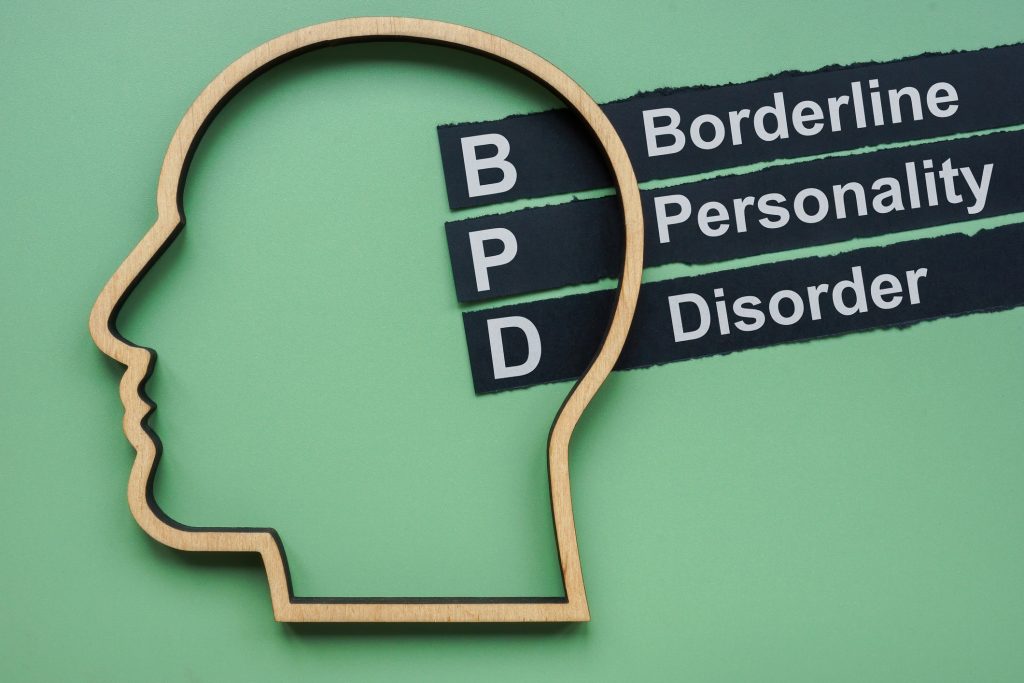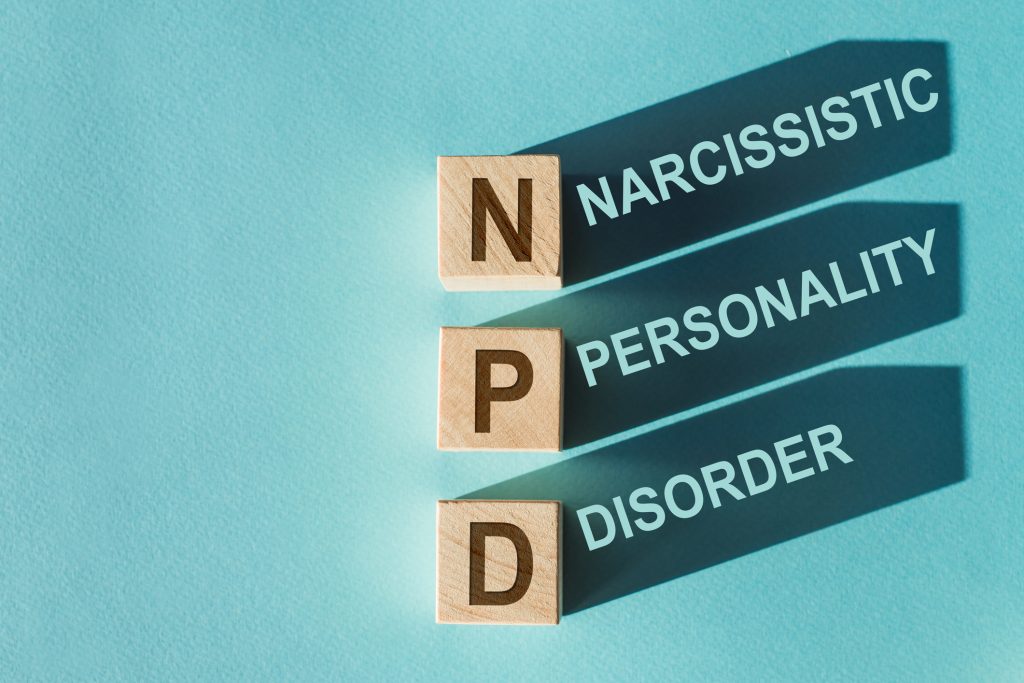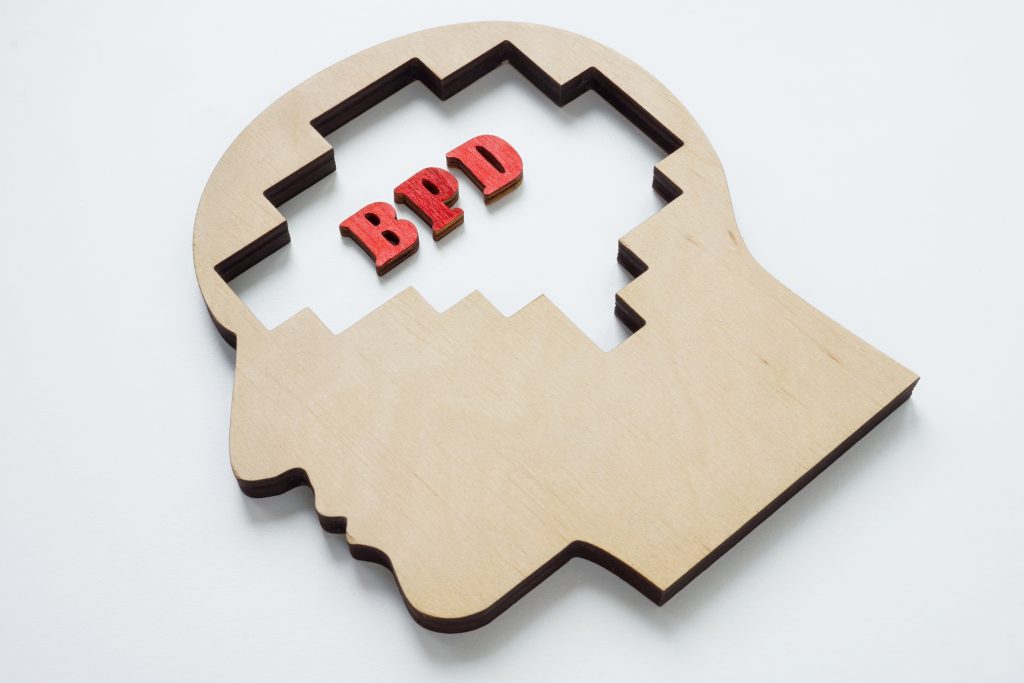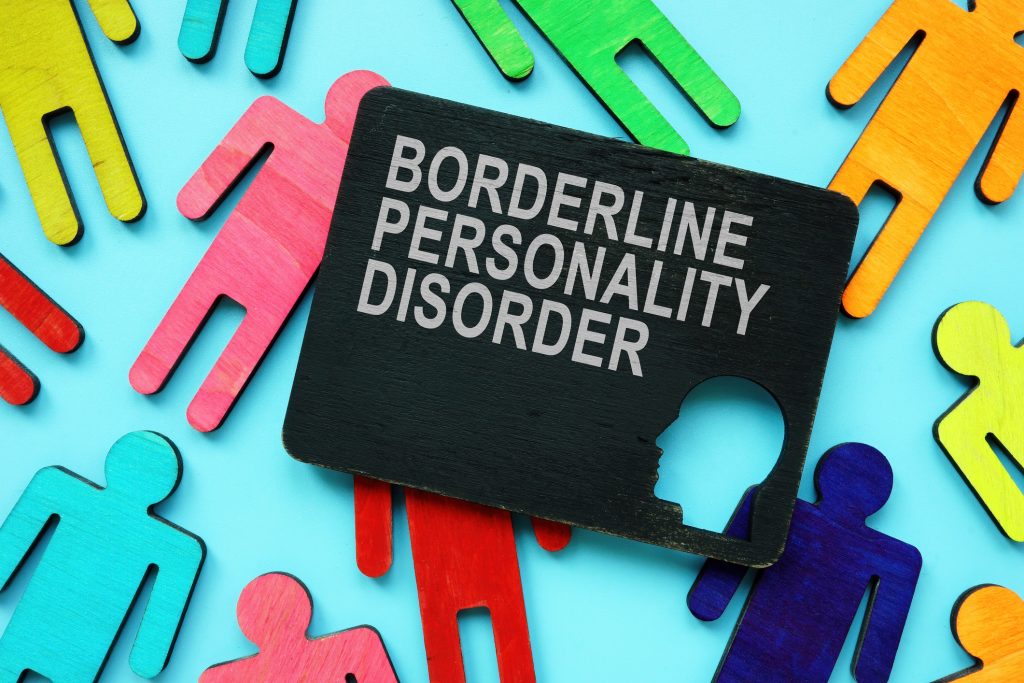
All About Emotional Regulation and Advice from a Retired Emotional Regulator
by Raine Everly
Emotional regulation is when you constantly manage someone else ’ s emotions. Their emotions could be happiness, joy, sadness, or even anger. Your mission is to help them feel better, calmer or to mirror their emotion so you both feel connected. These emotional regulation skills are quite apparent in partners or children of parents with borderline personality disorder or narcissistic personality disorder . In some instances , these individuals may even become enmeshed with the person so it is hard to tell their emotions from the other person’s.
I used to emotionally regulate my mom, who likely has BPD and NPD , although she has never b een diagnosed with either. I became her emotional regulator as a child in order to get some resemblance of love and not to cause her to go into a rage. I did this for so long that it became automatic.
Let ’ s say I had a wonderful day at work and home. I was really happy and in an awesome mood because life for me was going so well. Then my mother would call me once. I didn’t answer. She ’ d call me again and again and again. I still wouldn’t answer because I was driving in traffic and trying to concentrate or secretly I didn’t want my mood to change. Either way, when I finally answered, she would be seething mad. Madder than angry because I hadn’t answered and mad at the original thing she had called me about.
I’d sense her breathing and immediately ask, “ What’s wrong ? Did someone pass away? Are you hurt? ” She’d ask what took me so long and why didn’t I respond right away . I would immediately tense up and my mood would shift. I’d feel a knot in my stomach growing. My anxiety would be creeping up and up and up. The more I heard and felt her anger the worse I felt. When she finally told me what was wrong, she said, “ The teller at the bank didn’t speak to me when I walked in to the bank . I think she ’ s jealous of how much money I have. She spoke to the person in front of me , but she didn’t speak to me. ” She then proceeded with, “ I need you to come over right now. Stop whatever you are doing so you can go with me to t he bank before they close. We need to take all my money out of the bank so I can go to another bank that respects me. ”
I would then try to calm her down by telling her that maybe the teller didn’t know her. I’d tell her that maybe something was going on with the teller ’ s life. She would proceed to get angry at me for not agreeing with her. She immediately told me that I didn’t know what I was talking about because I was not at the bank when the apparent slight happened . She then said that I must come over right then so we could act now.
Then I would become angry at the teller for not speaking, mad at myself for not answering when she needed me and then sad because I couldn ’ t speak up for myself to tell her , “ No , ” because I was afraid that she would be ma d and take out her anger on me ; that she would abandon me and that I would suffer like I did as a kid. As soon as I agreed and said that I was angry too, she would become happy and start calming down. She ’ d feel good that I was going to take care of it. It was almost like I would take on her emotions and , when I did, she ’ d let that emotion go. Then the rest of the night I would be mad while my mom would be ecstatically happy like I had been before the call.
Looking back, I can see that my mom ’ s actions we re her classic BPD and NPD . Apparently, the teller didn’t make her feel special enough. The teller’s actions somehow triggered something in my mom that angered her and my mom, in turn, expected me to fill the void . She wanted me to validate her feelings, to show loyalty over something that was not my business or not my problem. I responded according to my warped programming. The bank teller didn’t do anything wrong to slight my mother . Even if she had ignored her o n purpose, my mother could have chosen to ignore the lady or gone to another teller. There wasn’t anything that either of us should have been “ mad about. ” It wasn’t that serious ; it didn’t warrant three back – to – back urgent calls from my mom and it didn’t w arrant me losing my peace and happiness all night from absorbing my mother’s anger.
With trauma therapy, I learned that I was my mother’s emotional regulator, but I didn’t have to keep the job. Through trauma counseling, I learned that healthy support is not emotional regulation. Nowadays, I’m not enmeshed and don’t regulate my mom’s emotions. If I sense my mom is trying to use me as emotional regulation, I tell her, “I hear that you’re upset, but I can’t fix this for you,” or, “I am sure you will work it out.” Other times, I’ll hang up the phone to give her time to work it out and to protect my peace.
I’ve also learned to recognize unhealthy relationship patterns. I know that I am not responsible for anyone else’s feelings when I did nothing to cause those feelings. I set stronger emotional boundaries and know that it’s OK to care about yourself first. I keep a close eye on my people-pleasing tendences and have learned how to care about myself first. I detach from my mom’s issues and try to remember that “I am not my mother’s keeper. Her emotions aren’t mine to manage.”
























